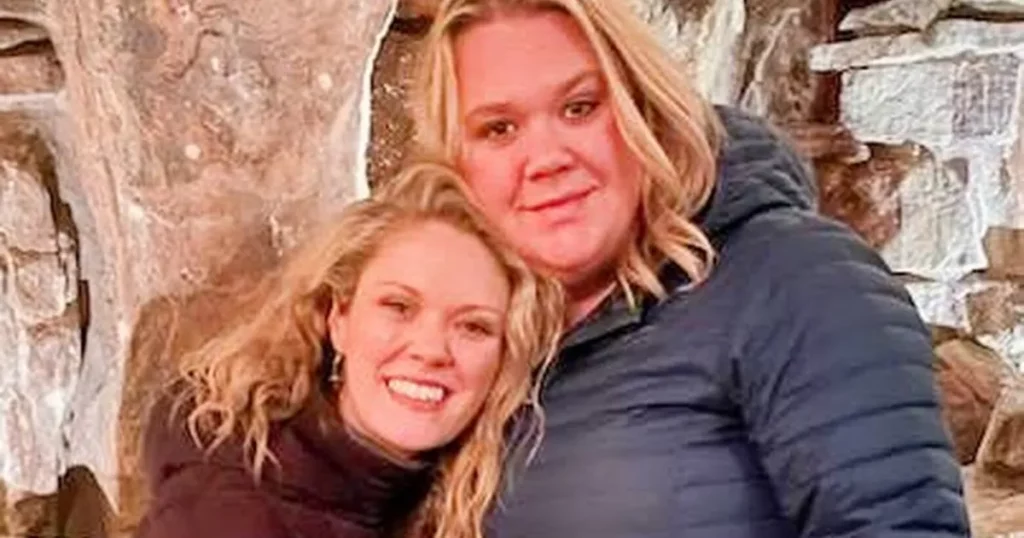A woman who is now an adult is suing her Gynecologist Dr. David R. Claypool, in the state of Idaho on the grounds that he allegedly used his own sperm in the process of conceiving her daughter. When Sharon Hayes, now 67 years old, and her ex-husband learned that they were unable to have children, they sought reproductive care from Claypool in the year 1989. Claypool is accused of charging the lady one hundred dollars for each session of artificial insemination and allegedly telling the woman that the money would be used to pay off the donors. He claimed that Hayes had picked these people out of a larger group of potential candidates based on inherited characteristics such as eye and hair color.
Claypool’s kid passed away as a result of an opioid overdose, and nearly two years later, Gynecologist Claypool’s second spouse also passed away. Hayes filed a legal lawsuit in Spokane County, saying that Gynecologist Claypool “schemed to charge cash for his own sperm, while he was representing it as a donor’s sperm.” Hayes’ allegations were included in the complaint that Claypool filed. Gynecologist Claypool’s physical traits are said to have been significantly different from those of Hayes’ husband, according to the lawsuit.
Sharon Hayes submitted a claim in an effort to receive compensation for the physical and mental suffering she had endured, as well as for the loss of affection and companionship from her daughters, the absence of emotional support from her daughters, and damage to the bond between a parent and their kid. In addition to filing a claim for compensation for her physical and mental suffering, Brianna Hayes, who has at least 16 half-siblings living in the Spokane area, did the same thing.
Since 1986, Claypool has been the subject of nine different lawsuits; however, paperwork for instances that occurred prior to 2005 is not available online. It is currently unknown whether or if the moms of Claypools’ other allegedly born children are planning to take legal action against him.
By utilizing the genealogy resources provided by 23andMe and MyHeritage, Brianna Hayes was able to determine that the donation process was not entirely anonymous. She stated that Claypool was her biological father and that she had at least 16 half-siblings living in the Spokane area. Her alleged relatives lived in the area.
The request of Idaho student murder suspect Bryan Kohberger to have the inquiry terminated was turned down by a court.
One of Briana’s 16 half siblings, Brianna Hayes, has come to public attention due to a scandal that involves her former physician, Claypool, who retired from active medical practice in 2005. This information has thrown Brianna into an identity crisis, and she is struggling with the guilt that comes along with having put her daughter in this predicament. Her mother, Sharon Hayes, is also suffering from a tremendous amount of guilt because she is responsible for putting her daughter in this predicament.
Hayes and her family are feeling exhausted as a result of the recent activity, and neither Claypool nor his attorney Drew Dalton could be reached for comment on the proposed litigation. Hayes and her family are also upset about the fact that Claypool was unable to be reached. Claypool asserted that he was unaware of the impending case and had no prior experience with Hayes.
Since the introduction of accessible and inexpensive online DNA testing, over fifty IVF clinics in the United States have been accused of engaging in “fertility fraud.” When three families in Colorado asked for an anonymous donor, they were given the doctor’s sperm instead, which resulted in the families getting nearly $9 million in compensation. Donald Cline, a fertility specialist in Indiana, was found guilty on two charges of obstruction of justice and handed a one-year suspended sentence in addition to the termination of his medical license. Cline is responsible for the paternity of more than 90 children who were fathered by his patients.
According to Dr. Kara Rubinstein Deyerin of the University of Washington, there are no regulations that require sperm banks to screen donor material, nor are there restrictions on the number of times a single donor’s sample can be used in assisted reproduction operations in the state of Washington or anyplace else in the country. Moreover, there are no limits on the total number of times a sample can be used in the United States. The issue is “huge” and will only get worse as more people turn to assisted reproduction methods. Right to Know is a non-profit group that was co-founded by Deyerin. Its mission is to encourage more stringent regulation of artificial insemination at the federal and state levels.
Read More : rubblemagazine.com







